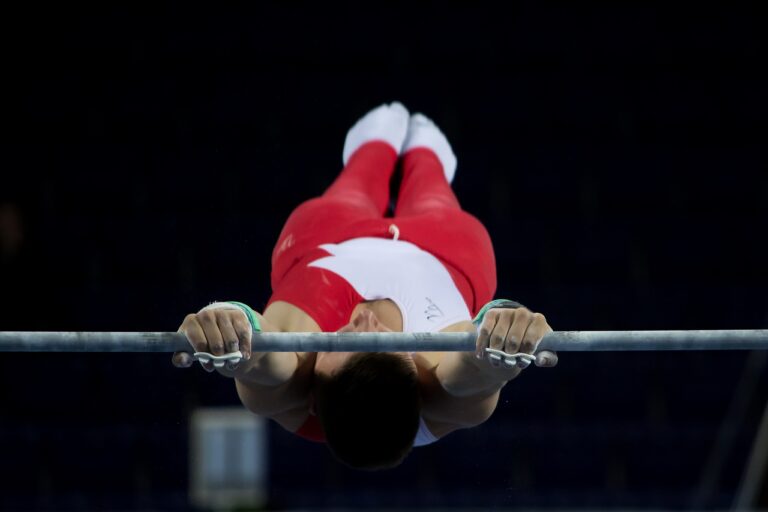Surgical management of congenital urethral anomalies: Current strategies: 11xplay online id, Diamondexch9 login, Sky exchange registration
11xplay online id, diamondexch9 login, sky exchange registration: Congenital urethral anomalies are rare conditions that can present challenges for surgical management. These anomalies can range from hypospadias, where the urethral opening is located on the underside of the penis, to more complex conditions such as posterior urethral valves or urethral duplication.
Current strategies for surgical management of congenital urethral anomalies depend on the specific type of anomaly and the individual patient’s anatomy. In general, the goal of surgery is to create a functional urethra that allows for normal urination and preserves sexual function.
One common approach to managing congenital urethral anomalies is through a series of staged surgeries. This allows for careful reconstruction of the urethra while minimizing the risk of complications. In cases of hypospadias, for example, a series of surgeries may be needed to create a straight urethra and move the urethral opening to the tip of the penis.
In more complex cases, such as posterior urethral valves, surgery may involve removal of the abnormal valves and reconstruction of the urethra. This may require the use of tissue grafts or other advanced techniques to ensure proper function of the urinary tract.
Overall, the key to successful surgical management of congenital urethral anomalies is careful planning and coordination between urologists, pediatric surgeons, and other specialists. By taking a multidisciplinary approach to treatment, patients with congenital urethral anomalies can achieve good outcomes and improve their quality of life.
FAQs:
Q: What are the risks associated with surgery for congenital urethral anomalies?
A: Like any surgery, there are risks associated with procedures for congenital urethral anomalies, including infection, bleeding, and scarring. However, with careful planning and skilled surgical techniques, these risks can be minimized.
Q: How long does it take to recover from surgery for congenital urethral anomalies?
A: Recovery time can vary depending on the type of surgery and the individual patient. In general, patients may need to limit physical activity and avoid certain foods or medications during the recovery period.
Q: Will surgery for congenital urethral anomalies affect sexual function?
A: In most cases, surgery for congenital urethral anomalies should not have a significant impact on sexual function. However, it is important to discuss any concerns with your healthcare provider before undergoing surgery.
In conclusion, surgical management of congenital urethral anomalies requires careful planning and collaboration between specialists. With the right approach, patients with these rare conditions can achieve good outcomes and improve their quality of life.







